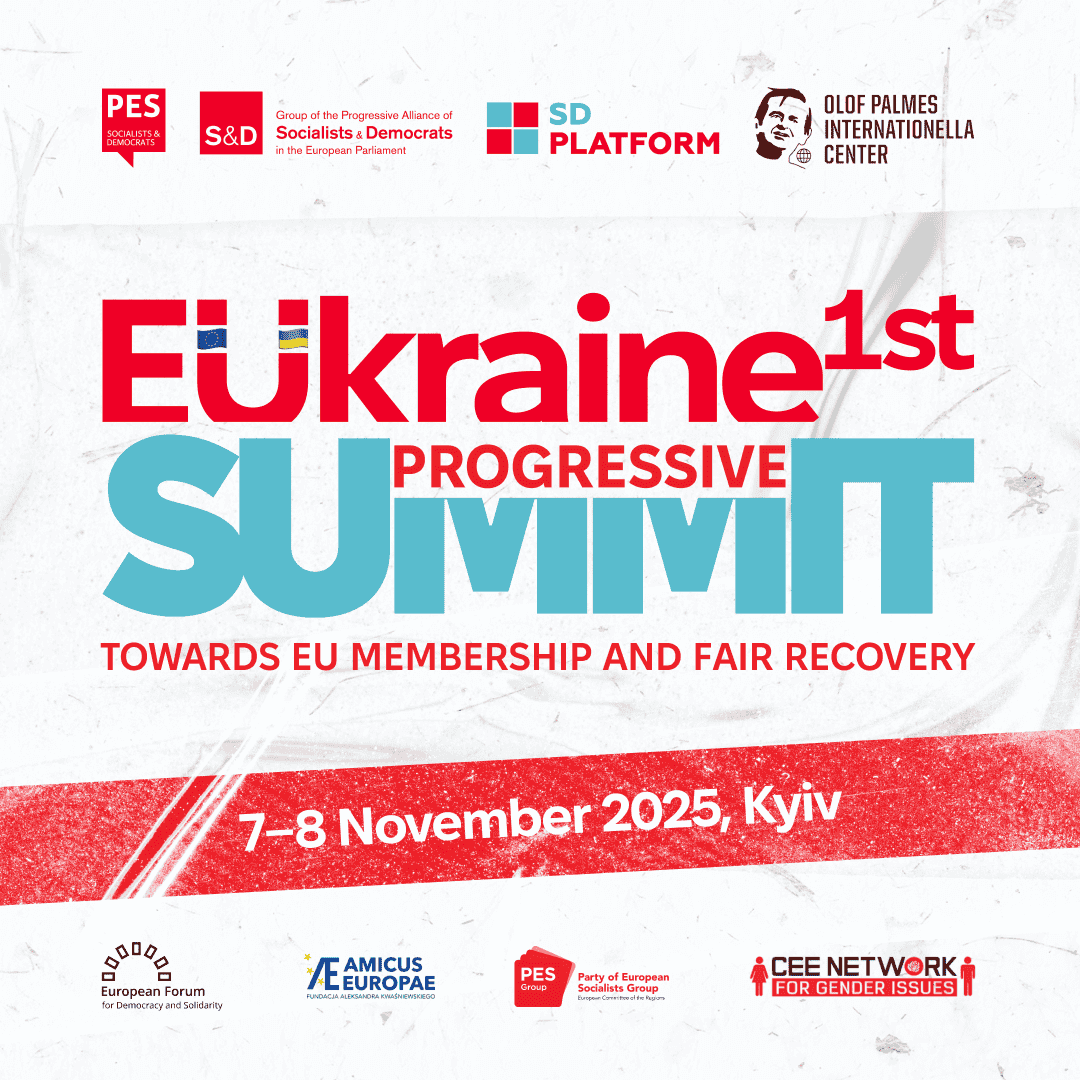Source: Canva
When the Netherlands decided in 2023 to stricter requirements to be imposed on fuels exported to low- and middle-income countries, was seen as a major advance in achieving the international climate targets of the United Nations. For years, ports like Amsterdam and Rotterdam were used to blend cheap, polluting fuel for the West African market. The new national rules state that the fuel cannot be more polluted than the European standard: a maximum of 50 ppm (parts per million) of sulphur, 1% of benzene and 2 milligrams of manganese per litre. Since then, only fuels meeting EU standards are allowed to cross the border.
Belgium followed suit in 2024, making the ports of Amsterdam, Rotterdam and Antwerp subject to the same requirements. For millions of people in African cities, this seemed like good news. After all, cleaner fuels mean cleaner air, less risk of respiratory diseases and less soil and water pollution. Although these measures were initially presented as a breakthrough, Dutch policy takes little account of the long-term impact on other countries. The question remains: who really benefits from this?
The waterbed effect
Stricter Dutch and Belgian rules caused a drop in exports. By 2024, fuel exports from the Amsterdam, Rotterdam and Antwerp to West Africa dropped to 150,000 barrels a day, the lowest level in years. Yet this did not prove an end to the polluting trade, but rather a shift, like a waterbed.
Tank storage companies that previously set sail for Amsterdam or Antwerp now sail directly to West Africa or make a stopover in other European ports, such as Spain. There, large quantities of sulphur-rich residues, which cannot be used as fuel in Europe, are stored and mixed, only to end up in West Africa.
Sometimes even toxic residues from the plastic industry, containing extremely high amounts of carcinogenic benzene, are sold as fuel. This kind of mixture would never pass quality control in Europe, but always finds acceptance in Africa.
Limitation in enforcement and impact
African countries themselves had limits introduced. Nigeria, Africa's largest oil producer, along with Benin, Togo, Ghana and Côte d'Ivoire, has had a sulphur limit of 50 ppm for the past decade. With this, these countries are trying to protect their health and environment after it was found that fuels sometimes contain up to 378 times more sulphur than is allowed in Europe.
In practice, however, enforcement is proving difficult. Despite Nigerian legislation, low-sulphur fuel is for many people too expensive, so imports of petrol with higher sulphur contents (500-1000 ppm) often continue. In addition, traders still have a lot of freedom in market determination. African countries pay often too much for inferior fuels, with prices based on European premium fuels: a lack of coherence between local needs and global market practices.
Broad prosperity does not stop at the border
The Netherlands took a good step in 2023. Belgium followed, and together they sharply reduced exports of dirty petrol. But the problem is not yet solved. The Environment and Transport Inspectorate recently concluded that it is not yet sufficiently clear whether the Dutch rules structurally lead to cleaner fuels in West Africa. That while oil traders point out on that international treaty obligations are the government's responsibility. Monitoring of the (inter)national effects of Dutch policy and international cooperation remains absent, while trade moves.
The Netherlands has taken a step to reduce sulphur-rich fuel exports without integrating a coherent strategy for export standards, enforcement and international cooperation. The impact on air quality and public health in recipient countries therefore remains limited, leaving air pollution still one of the most important causes of death in Africa is, evident among others in the high rates of childhood respiratory diseases in cities like Lagos. The lack of new EU export rules to harmonise rules or cooperation with African governments for an accessible petrol transition means that current national legislation continues to have limited effectiveness. This underlines the urgent need for the Netherlands not only to take its responsibility within its own borders, but also to seriously consider the impact of its policies on other countries.
For more information on the impact of Dutch policies on other countries, read the new publication of the fact sheets "Bright about Elsewhere" From Building Change.




